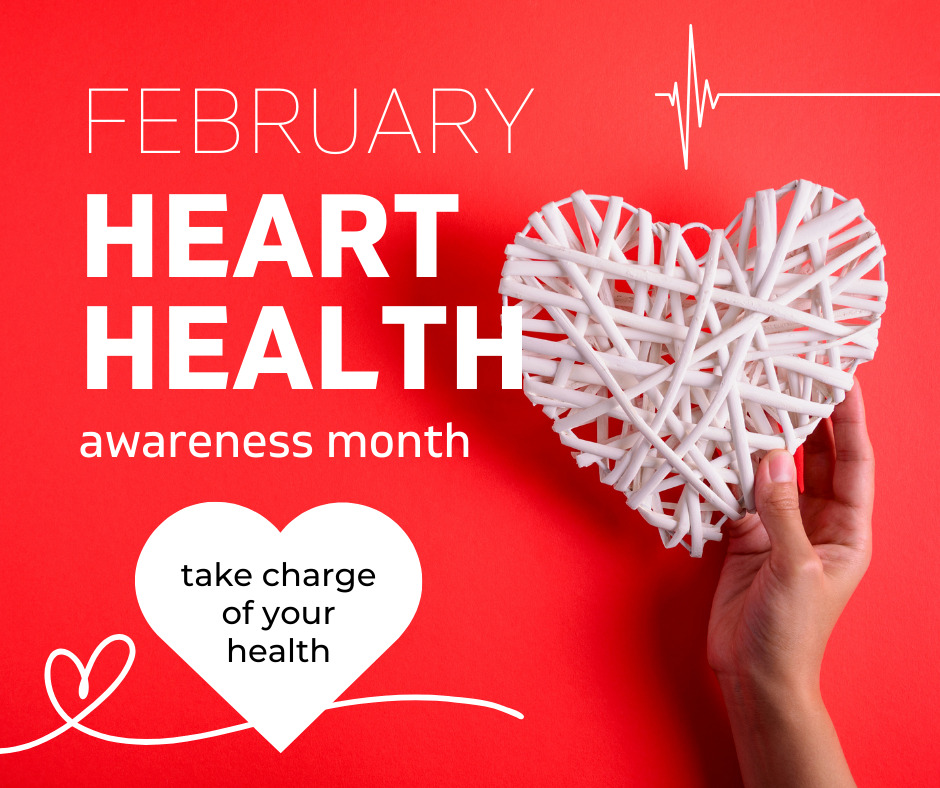
Heart Disease: Be Heart Healthy 2023
By Cari M. Schwartz, Esq.
According to the Centers for Disease Control and Prevention (“CDC”), heart disease is the leading cause of death for men, women, and people of most racial and ethnic groups in the United States. About 697,000 people in the United States died from heart disease in 2020. So, February is National Heart Health Month to raise awareness – “Live the Beat”.
What is heart disease?
The term “heart disease” refers to several types of heart conditions. The most common type of heart disease in the United States is coronary artery disease (CAD), which affects the blood flow to the heart. Decreased blood flow can cause a heart attack.
What are the symptoms of heart disease?
Sometimes heart disease may be “silent” and not diagnosed until a person experiences signs or symptoms. When these events happen, symptoms may include:
- Heart attack: Chest pain or discomfort, upper back or neck pain, indigestion, heartburn, nausea or vomiting, extreme fatigue, upper body discomfort, dizziness, and shortness of breath
- Arrhythmia: Fluttering feelings in the chest (palpitations)
- Heart failure: Shortness of breath, fatigue, or swelling of the feet, ankles, legs, abdomen, or neck veins
What are the risk factors for heart disease?
High blood pressure, high blood cholesterol, and smoking are key risk factors for heart disease. About half of the people in the United States (47%) have at least one of these three risk factors. Several other medical conditions and lifestyle choices can also put people at a higher risk for heart disease, including:
- Diabetes
- Overweight and obesity
- Unhealthy diet
- Physical inactivity
- Excessive alcohol use
Does heart disease qualify for long-term disability?
This is a question that we are often asked. An insurer may deny long-term disability claims if it believes the persons symptoms are not debilitating enough. Unfortunately, many heart disease and cardiac claims are denied because the disability insurance company says:
(1) There is no objective basis of the heart disease or cardiac diagnosis.
(2) There is no objective basis for the restrictions and limitations assigned by your physician.
(3) There is no causal relationship between your heart disease or cardiac condition and/or your restrictions and limitations, and your inability to do your own or any occupation.
(4) There is no reason you can’t work in a sedentary capacity.
For 30 years Kantor & Kantor has handled disability claims and represented clients with heart disease or cardiac conditions and successfully gotten them their benefits.
If you or someone you know is suffering from heart disease or any other illness, and you are being denied benefits by your insurer, contact Kantor & Kantor for a free consultation or get started with us today by using our online contact form.

